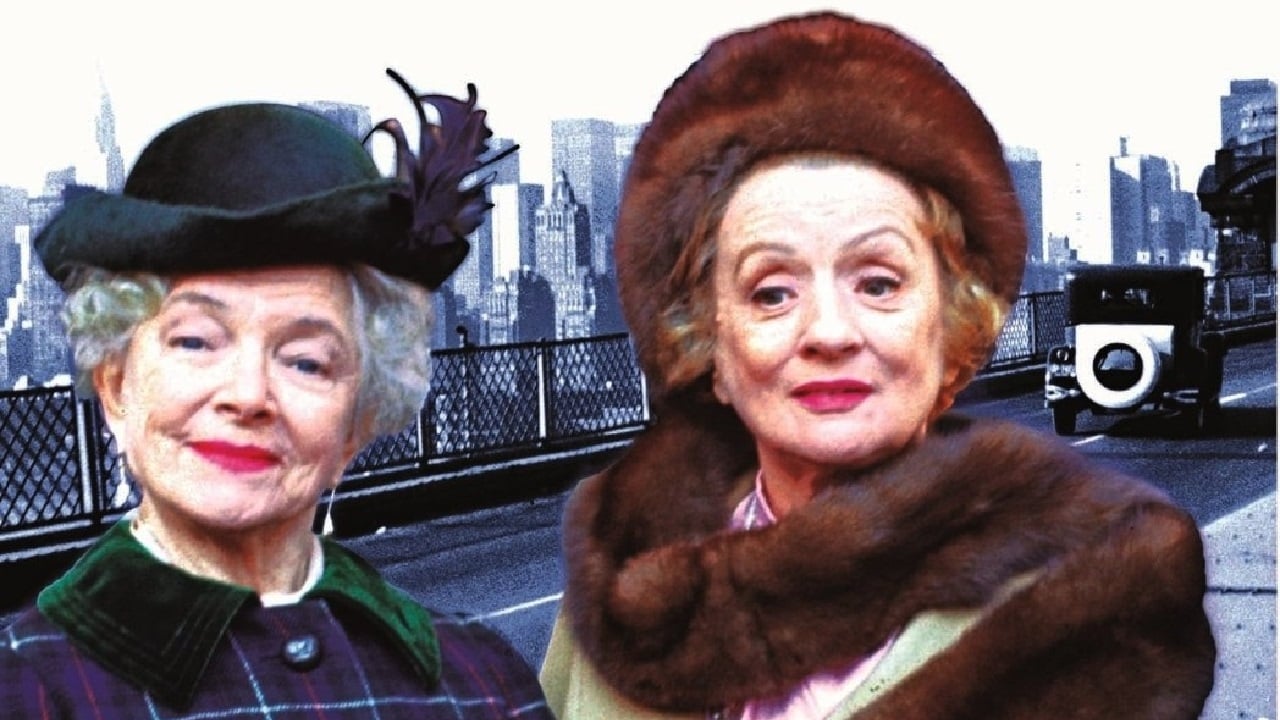

NBC
NBC TV Shows
1615 shows • Page 56 of 81

The Snoop Sisters
Two elderly mystery novelists solve real crimes.
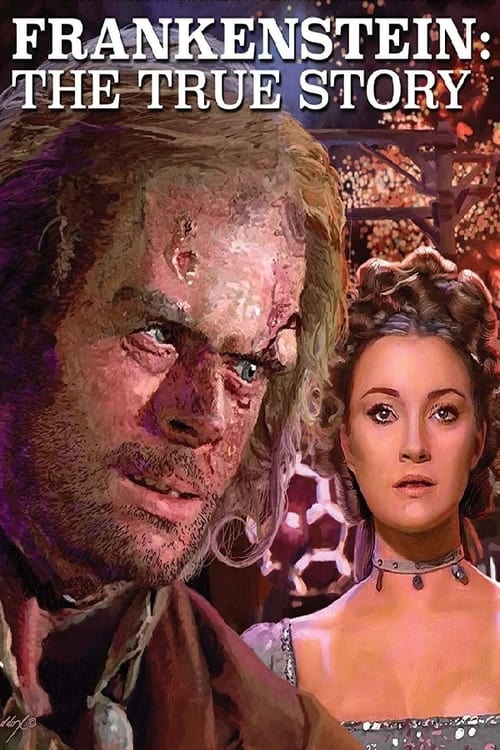
Frankenstein: The True Story
Victor Frankenstein witnesses his creation turn uncontrollable after he's duped by his associate, Dr. Polidori.
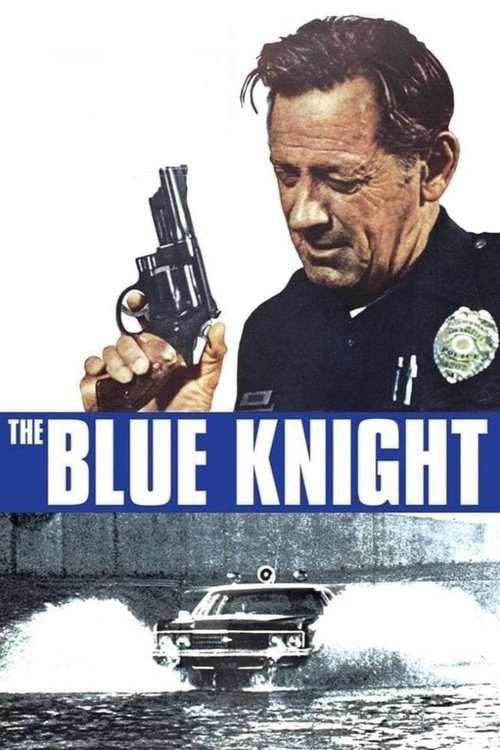 0
0The Blue Knight
Bumper Morgan is a 20-year veteran of the Los Angeles Police Department who is scheduled to retire in a week. Before he leaves, he must work on the murder of a prostitute in one of LA's far corners. Along the way, he must grapple with vicious thugs, his fellow officers who feel mixed about his retiring, and his woman who wants him to leave the streets.
 0
0Baffle
Baffle was a revival of the game show PDQ that aired on NBC from March 26, 1973 to March 29, 1974.
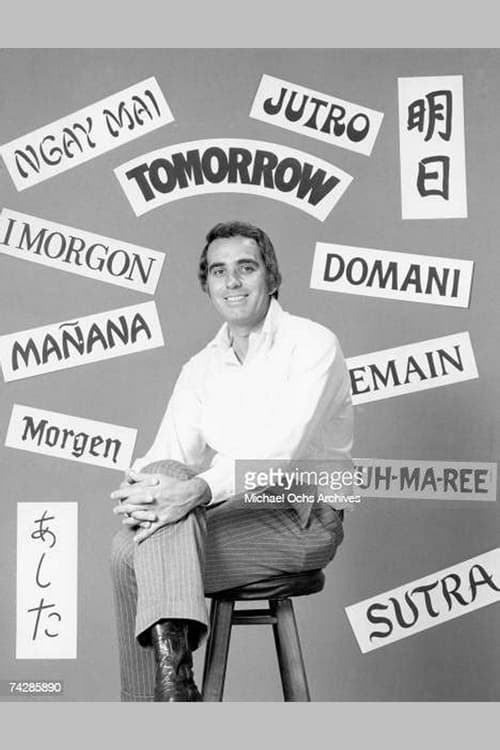
Tomorrow
Tomorrow is an American late-night television talk show hosted by Tom Snyder. The show aired on NBC from 1973 to 1982 and featured many prominent guests, including Paul McCartney, "Weird Al" Yankovic, Ayn Rand, John Lennon, Jerry Garcia, the Grateful Dead, Ken Kesey, Charles Manson, The Clash, Johnny Rotten, Ramones, and U2. Los Angeles news anchor Kelly Lange, a good friend of Snyder, was the regular substitute guest host.

Tenafly
Tenafly is a crime-drama series that was part of the NBC Mystery Movie wheel for the 1973-74 season. It was created by Richard Levinson and William Link, the creators of popular mystery television shows such as Columbo and Murder, She Wrote. It was the one of the first television series that season to star an African-American character as the main protagonist. Due to low ratings, Tenafly only lasted one season.
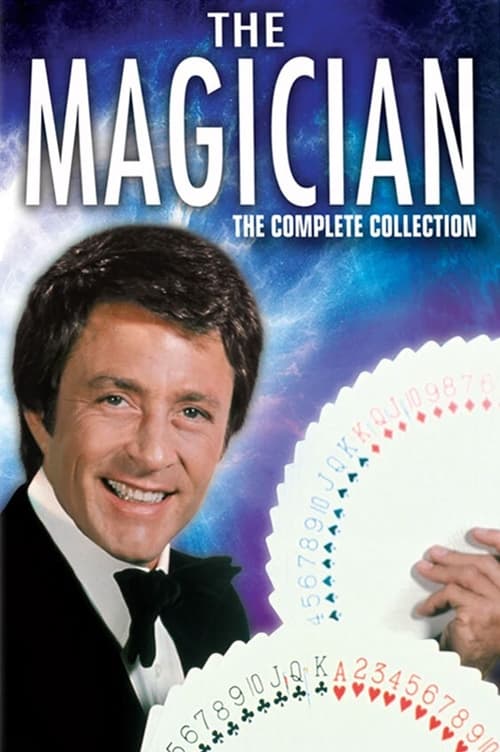
The Magician
The Magician is an American television series that ran during the 1973–1974 season. It starred Bill Bixby as stage illusionist Anthony "Tony" Blake, a playboy philanthropist who used his skills to solve difficult crimes as needed. In the series pilot, the character was instead named Anthony Dorian. The name change was due to a conflict with the name of a real life stage magician.
 0
0Faraday and Company
Faraday & Company is an American crime drama series that aired in the 1973-1974 season. It starred Dan Dailey as Frank Faraday, a private investigator falsely accused of murdering his partner who returns to Los Angeles after 28 years of imprisonment, and James Naughton as Steve, his son who is also a private investigator.

Needles and Pins
Needles and Pins is a 1973 United States comedic television series about a women's clothing manufacturer and his employees in New York City that aired from September 21, 1973 to December 28, 1973.
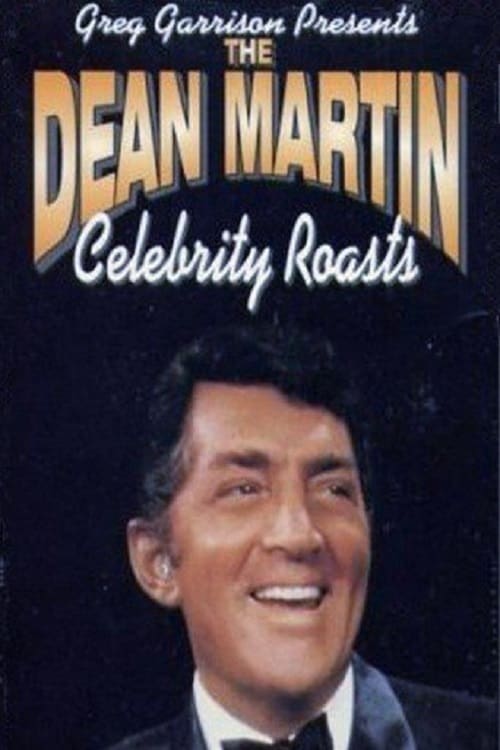
The Dean Martin Celebrity Roasts
The Dean Martin Celebrity Roasts is a NBC television special show hosted by entertainer Dean Martin from 1974 to 1984. For a series of 54 specials and shows, Martin would periodically "roast" a celebrity. These roasts were patterned after the roasts held at the New York Friars' Club in New York City. The format would have the celebrity guest seated at a banquet table, and one by one the guest of honor was affectionately chided or insulted about his career by his fellow celebrity friends. In 1973, The Dean Martin Show was declining in popularity. The final season of his variety show would be retooled into one of celebrity roasts, requiring less of Martin's involvement. For the 1973–1974 season, a new feature called “Man of the Week Celebrity Roast" was added to try to pick up the ratings. The roasts seemed to be popular among television audiences and are often marketed in post-issues as part of the official Dean Martin Celebrity Roasts and not The Dean Martin Show. After The Dean Martin Show was cancelled in 1974, NBC drew up a contract with Martin to do several specials and do more roast specials. Starting with Bob Hope in 1974, the roast was taped in California and turned out to be a hit, leading to many other roasts to follow.

The Girl with Something Extra
A woman's ability to read minds disrupts her marriage.

Chase

Diana
Diana is an American sitcom that aired on NBC during the 1973-1974 television season that was created by Leonard Stern, which ran from September 10, 1973 to January 7, 1974. The series was filmed in front of a live studio audience at CBS Studio Center in Los Angeles.
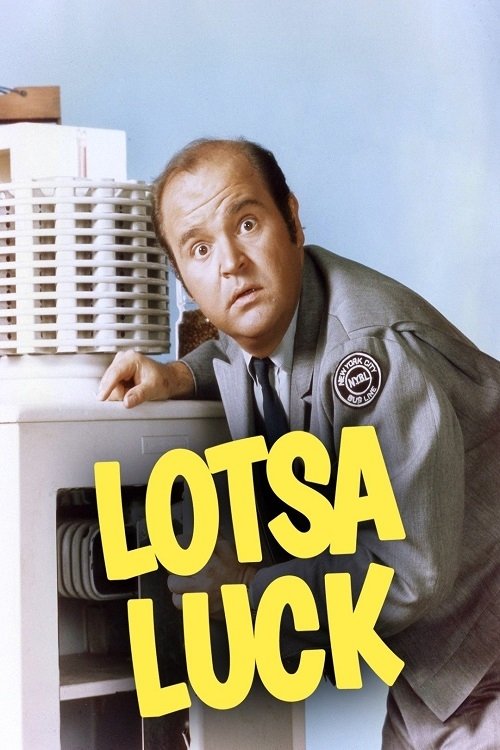
Lotsa Luck
Lotsa Luck is an American sitcom that aired during the 1973-74 television season. The series stars Dom DeLuise as bachelor Stanley Belmont who lives with his bossy mother, his sister Olive and her unemployed husband, Arthur. Jack Knight stars as Stanley's best friend, Bummy. Lotsa Luck is based on the British London Weekend Television series On the Buses.
 0
0Go
Go is an American television series for children that aired late-mornings on Saturdays on NBC between September 1973 and September 1976. It had the shortest title for a TV series until V debuted in 1984 on the same network. The first two seasons of Go explored various occupations. For the third season, the emphasis shifted to America's Bicentennial observance of 1976, therefore Go became Go-U.S.A. from September 6, 1975 until the series ended the following year.
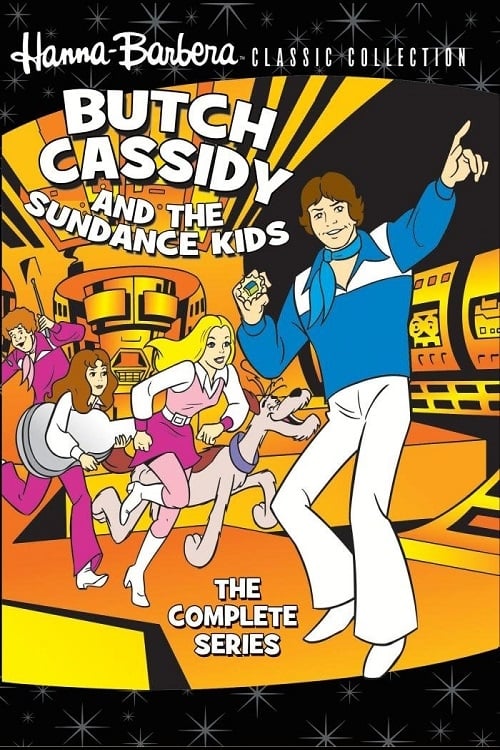 0
0Butch Cassidy
Butch Cassidy was a Saturday morning cartoon produced by Hanna-Barbera Productions in 1973 for NBC. The series title is a play on the name of the unrelated 1969 film Butch Cassidy and the Sundance Kid. The character's music group is called the Sundance Kids.
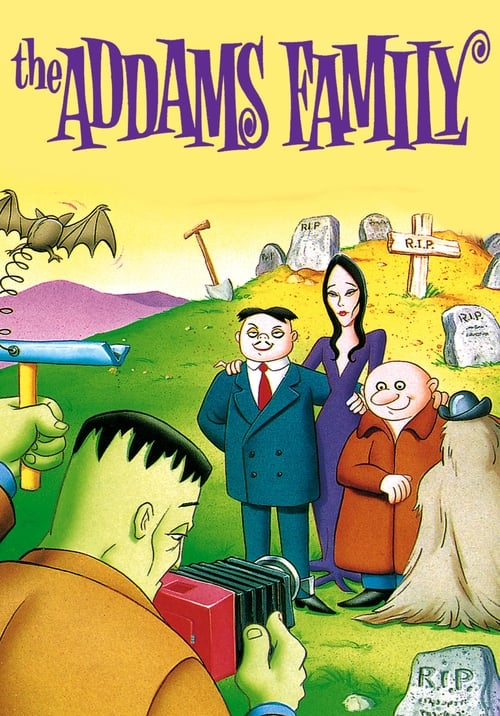
The Addams Family
The Addams Family is an animated adaptation of the Charles Addams cartoons produced by Hanna-Barbera Productions in 1973. Many of the original actor's from the 1960"s television series returned in voice-over roles.
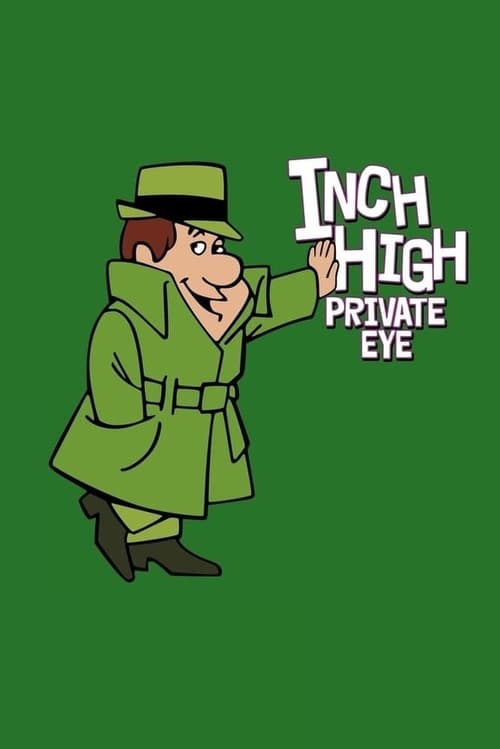
Inch High, Private Eye
Inch High, Private Eye is a 1973 Saturday morning cartoon produced by Hanna-Barbera Productions. The show originally ran from September 8, 1973, to August 31, 1974, on NBC Saturday morning for 13 episodes. Since the 1980s it has enjoyed resurgence on cable television, in repeats on USA Cartoon Express, Cartoon Network and Boomerang.
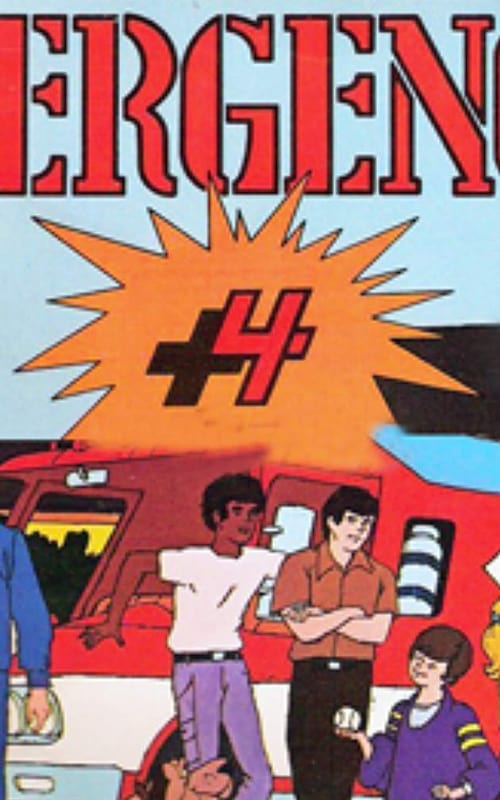
Emergency +4
Emergency +4 is an American animated television series based on the live action prime-time series Emergency!. The series began on NBC's Saturday morning schedule on September 8, 1973 and ran twenty-three 30-minute episodes over two seasons. It remained on the network until September 4, 1976 through re-runs. Randolph Mantooth and Kevin Tighe provided the voices for their respective Emergency! paramedic characters. Each episode of the adventure series revolved around the Paramedical Rescue Service. The "+4" of the series title refers to four children who join the paramedics in each episode's rescue activities. Universal Studios outsourced the animation to Fred Calvert Productions because at the time, they did not have their own animation division.
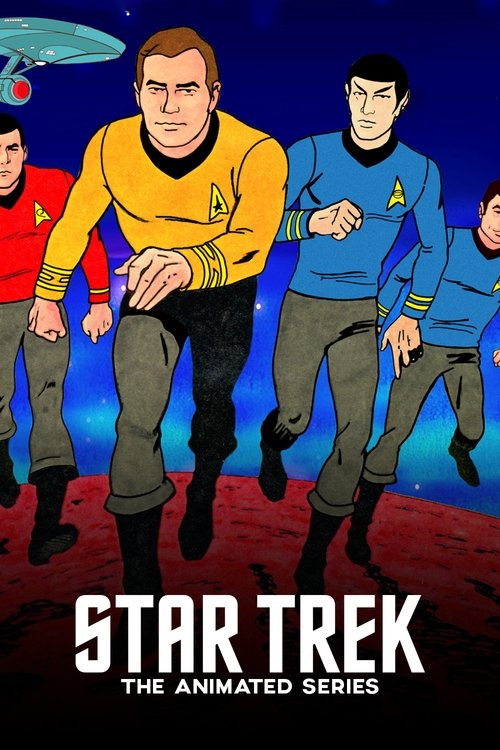
Star Trek
The animated adventures of Captain Kirk, Mr. Spock and the crew of the Starship Enterprise.